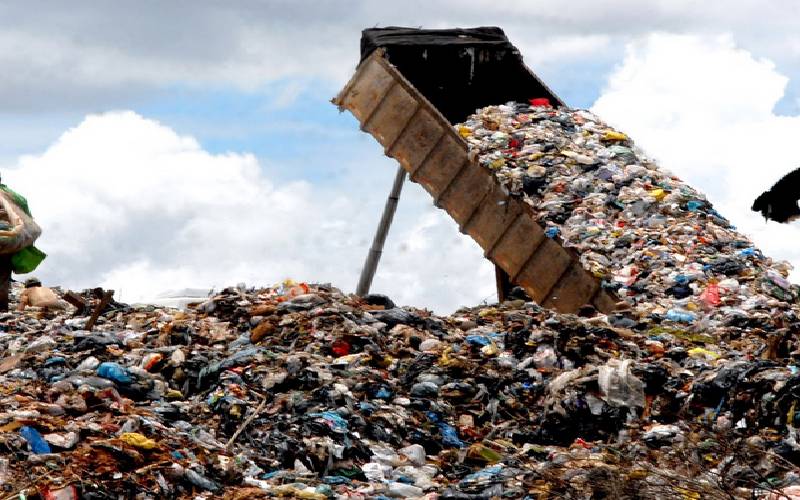 Basic sanitation or lack of it is among myriad challenges facing millions of Kenyans living in informal settlements. Projections by UN-Habitat show that 56 per cent of Kenyans live in informal settlements. Thus, providing basic amenities has become a key part of the ongoing national dialogue on inclusive and sustainable growth. These areas suffer deficiencies in services and basic infrastructure that worsen pollution, poverty, and ill health.
Basic sanitation or lack of it is among myriad challenges facing millions of Kenyans living in informal settlements. Projections by UN-Habitat show that 56 per cent of Kenyans live in informal settlements. Thus, providing basic amenities has become a key part of the ongoing national dialogue on inclusive and sustainable growth. These areas suffer deficiencies in services and basic infrastructure that worsen pollution, poverty, and ill health.
One of the biggest challenges in the informal settlements is poor solid waste management. Past interventions to address the problem have had low success rates. For example, an experiment with dustbins has not been successful due to vandalism, theft, and non-collection, creating mini-dumpsites.